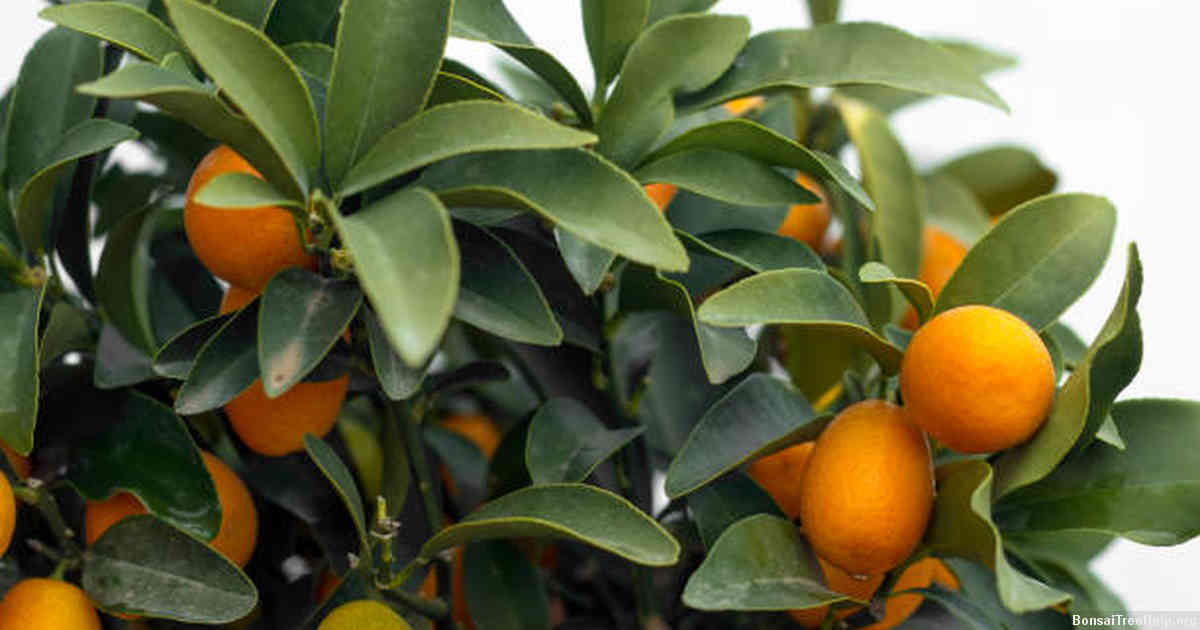
Yes, bonsai soil is suitable for germination. The soil has a high nutrient content that encourages good seedling growth and allows the seeds to develop strong roots and shoots. Bonsai soil also helps keep the appropriate moisture level so that the young plants are able to thrive in their environment. Its light texture enables proper aeration of the root system while allowing excess water to escape without accumulating in pockets or compressing too tightly around the plant’s roots.
Contents:
- Introduction to Germination and Bonsai Soil
- Understanding The Composition of Bonsai Soil
- Factors That Influence Germination Using Bonsai Soil
- Comparing Bonsai Soil with Other Types of Soil for Germination
- Common Mistakes to Avoid When Using Bonsai Soil for Germination
- Tips for Successful Germination With Bonsai Soil
- Conclusion: Is it Worth Using Bonsai Soil for Germination?
Introduction to Germination and Bonsai Soil
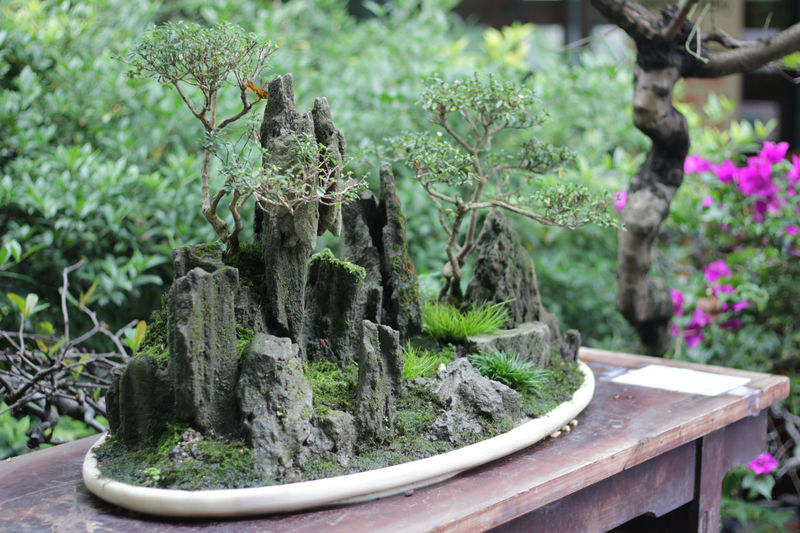
Germination is the process in which a seed begins to sprout and grow. The tiny seed will break open and begin to form root structures before emerging as a young plant. The conditions required for germination can vary depending on the type of seed, but most seeds need light, water, oxygen, and warmth in order to germinate successfully.
In the field of bonsai growing, specialized soil is typically used to promote healthy plants. Bonsai soil generally has a high proportion of organic material that helps create an optimal environment for germination. This includes materials like peat moss and bark chips which help regulate temperature and humidity around newly sprouted seeds. Special fertilizers can also be added to bonsai soil mixtures in order to supply essential nutrients such as nitrogen that are important for proper growth during early stages of development.
Not all types of soils are suitable for use with bonsais though; some soils may be too coarse or contain too much clay which can make it difficult for roots to penetrate deeply into the ground. It’s important then when selecting potting soil mixes for bonsais that you choose one specifically designed for this purpose so that you can ensure good drainage and nutrient content within your mix. With proper care your plant should thrive under these optimal environmental conditions created by using specially formulated bonsai soils.
Understanding The Composition of Bonsai Soil
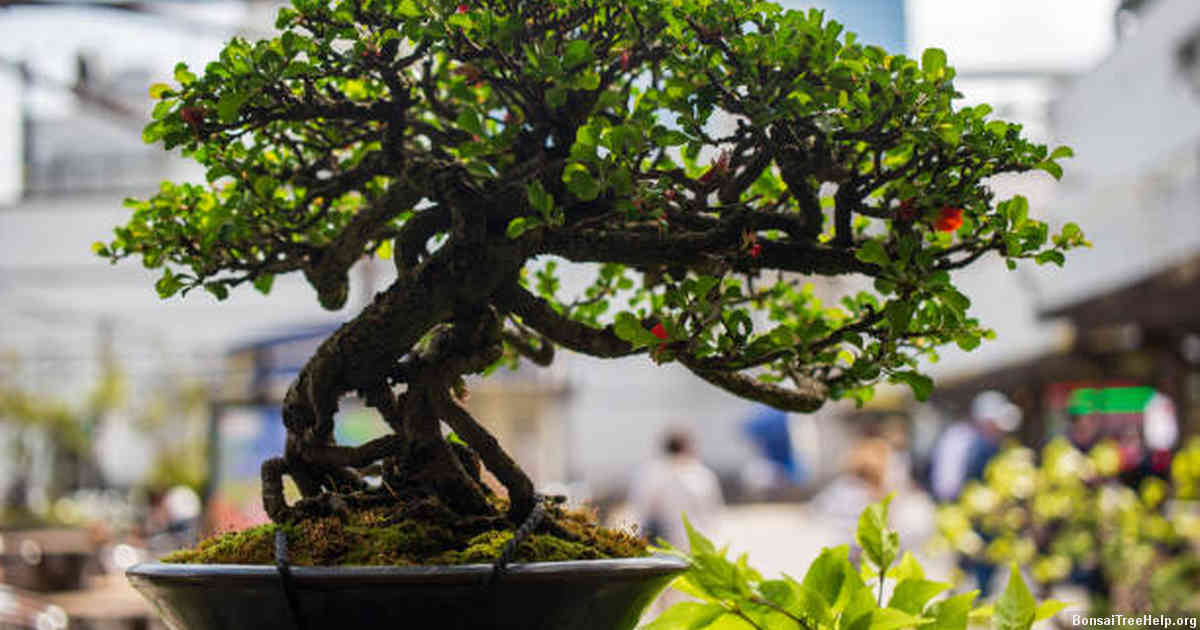
Understanding the composition of bonsai soil is essential to determine if it is suitable for germination. While bonsai soil generally contains the same elements as potting soil, they vary in terms of texture and particle size. An ideal mix should consist of small particles like perlite or pumice, which provide superior drainage and aeration that helps to create healthy root systems.
Organic ingredients are usually present too, such as sphagnum moss or composted bark, both adding important nutrient availability while retaining moisture in the mix. Vermiculite can also be added to bonsai soils to help control moisture levels – providing a balance between airy pores and water-holding capacity needed by plants when beginning their growth process.
An often overlooked but beneficial addition for indoor applications is gravel or aquarium pebbles; this helps maintain good drainage and increases airflow around the root system even further due to its increased porosity over normal soil materials. Ultimately, finding a good balance of each component type will allow gardeners to achieve perfect germination results with their custom-made bonsai soils every time.
Factors That Influence Germination Using Bonsai Soil
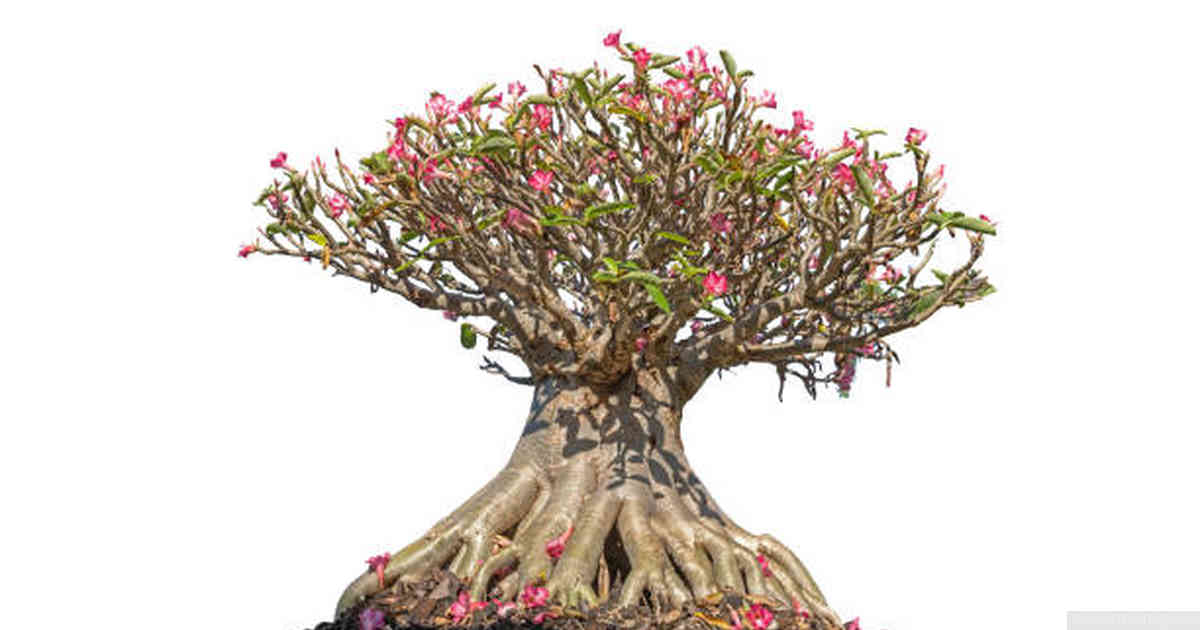
Germination is a critical process when it comes to growing plants. Using bonsai soil for this purpose can have its advantages and disadvantages, making it an important decision to consider when starting your garden. The factors that influence germination using bonsai soil are dependent on the plants you’re looking to grow, as well as the specific components of the bonsai mix.
The most important element that influences the viability of germinating with bonsai soil is drainage capacity. This soil mixture typically has high porosity levels and creates ample space for air flow which helps seeds stay moist during germination. As a result, waterlogged roots often caused by too much moisture in traditional soils are not as prominent when using this type of substrate. However, over-irrigation can still be problematic if not monitored carefully.
In terms of plant nutrition, some bonsai mixes will include various minerals and slow release fertilizers like pumice or vermiculite which can help ensure successful seedling development without having to supplement with additional nutrients throughout the growth cycle. Because of its light texture these soils tend not to become compacted over time like regular dirt does which keeps root health in top shape and encourages steady growth cycles no matter what type of plant you’re cultivating.
It’s essential that experienced gardeners understand how different variables such as fertility levels, moisture content, drainage capacity, etc. Could all impact their success rate when deciding to use bonsai soil for seed germination purposes. It goes without saying that other natural elements like temperature fluctuations should also be taken into account depending on where you’re situated geographically so it’s always best to do thorough research before embarking on any kind of gardening project related activity.
Comparing Bonsai Soil with Other Types of Soil for Germination
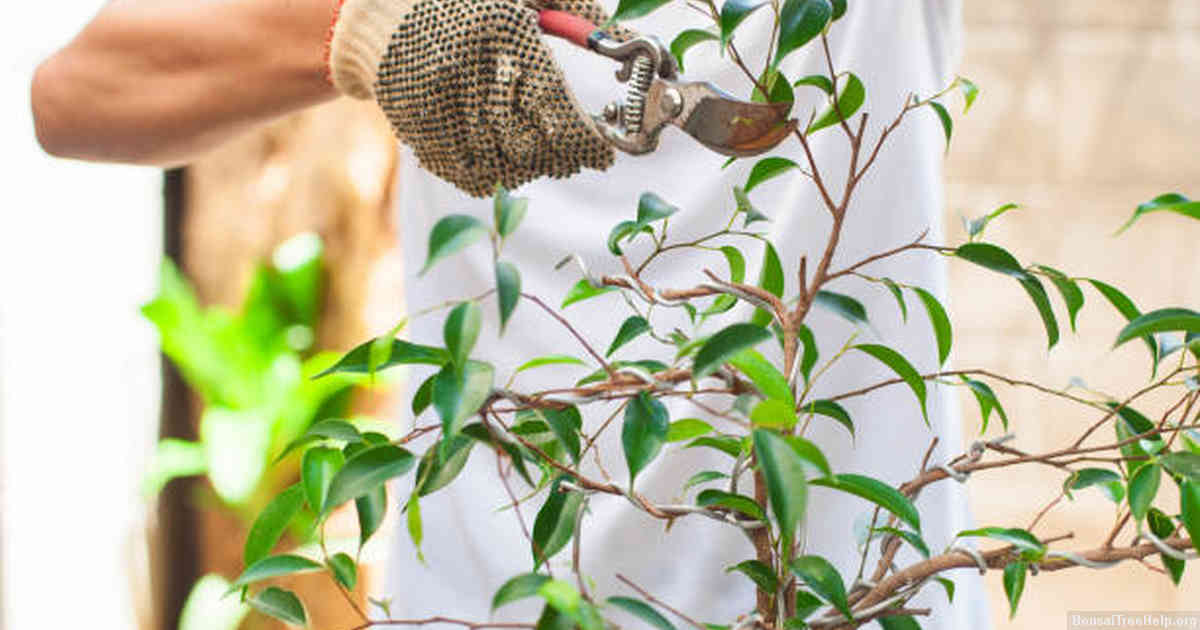
When discussing the best type of soil for germination, bonsai soil is often a recommended option. Bonsai soil offers some distinct advantages compared to other types of soils because of its specific composition and pH balance. It can provide optimal levels of nutrients, oxygen, and water-retention–all of which are critical factors in successful seed germination.
The major difference between bonsai soil and regular potting or garden soils is that it contains organic matter such as peat moss, bark chips, and other types of inert material. The additional organic matter helps to improve aeration within the soil as well as promote better nutrient absorption by plant roots. These organic materials will slowly break down over time releasing important micronutrients into the mix.
On top of that, bonsai soils also contain special minerals such as pumice or perlite which helps to increase the porosity in otherwise dense clays or loams–which can ultimately lead to less compacted growth mediums for young seedlings during their establishment stages before being transplanted outdoors later on. Together with its unique combination of microorganisms found within this specialized material it presents an ideal environment that encourages ideal conditions for efficient germination success rates.
Common Mistakes to Avoid When Using Bonsai Soil for Germination
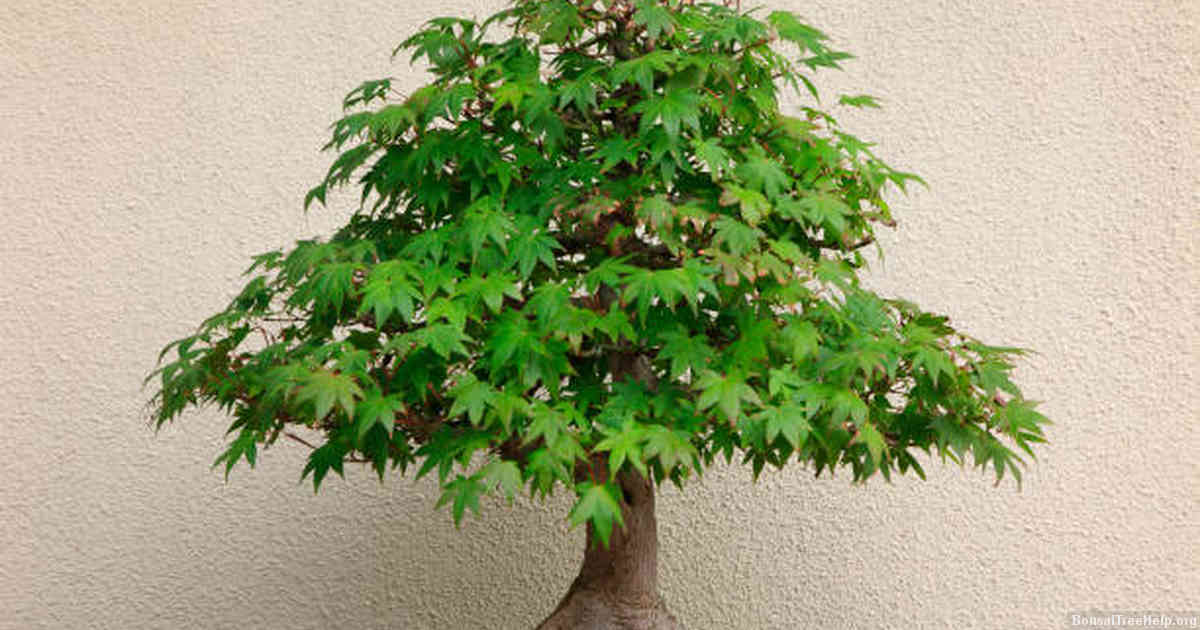
Gardening experts caution against using bonsai soil for seed germination as it is not meant for this purpose. This soil is intended solely for bonsai tree growth and its composition is too dense for the delicate young roots of a seedling. When used, water will move too slowly through this soil to allow proper drainage, leading to over-saturation and eventual root rot. If your goal is to grow bonsai trees from the outset, then use specially formulated bonsai soil mixed with perlite or pumice.
Another common mistake to avoid when germinating seeds in bonsai soil is watering them too often or too infrequently. Bonsai requires careful monitoring of the moisture content throughout the growing season and should be done several times daily if necessary. Too much water can cause fungal diseases that attack the baby roots and stunt their growth, while too little may lead to wilting and death. Again, other types of potting soils are better suited for such delicate young plants as they contain a more even distribution of air pockets which promote aeration and hold humidity better than bonsai soil does.
The third mistake inexperienced gardeners make when planting in bonsai soil involves inappropriate fertilization at an early stage of development. Since most soils are alkaline in pH, acidifying agents must be added carefully so as not to shock the fragile seedlings during germination process. Nitrogenous fertilizers should also be avoided before seedlings reach four weeks old since nitrogen can impede normal root development; organic matter like compost tea would provide enough sustenance without any risk posed by chemical fertilizers during seeding stages.
Tips for Successful Germination With Bonsai Soil
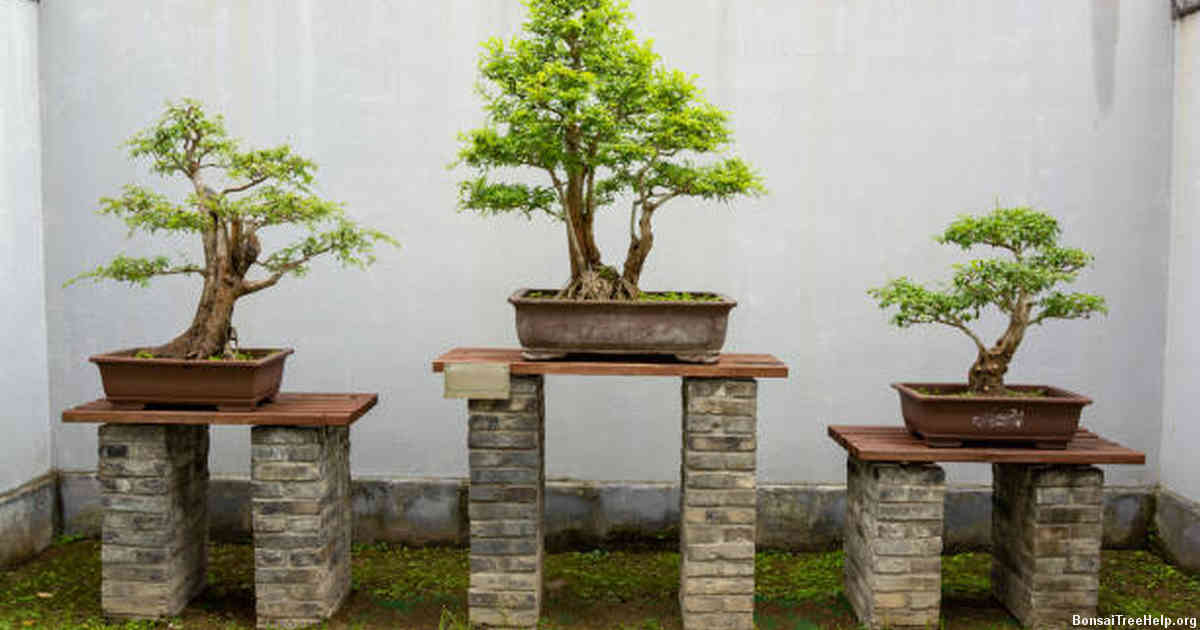
Germination is a rewarding part of planting and nurturing bonsai trees. In order to have the best success, careful attention must be paid to the type of soil that is used for germination. Bonsai soil is an ideal choice for this purpose because it provides unique physical and chemical properties that are essential for successful germination.
To achieve maximum success with bonsai soil, it is important to keep in mind the four elements necessary for optimal germination: moisture content, temperature, oxygen availability and pH levels. While all four elements play an important role in successful sprouting, the most critical factor among them is moisture content; therefore, water should be added often to maintain proper hydration levels and promote healthy growth. Temperatures should not exceed 70°F (21°C) as warmer climates may result in unhealthy root systems or seedling death. For air circulation purposes and plant respiration needs, oxygen must also be available; thus if using a covered container ensure there are several holes at the top which allow sufficient airflow throughout the growing process. But equally as significant, making sure your selected bonsai soil has adequate pH levels (6 – 7) will prevent plants from struggling due to nutrient deficiencies caused by acidic soils or stunted growth due to alkaline ones.
To give plants an even greater advantage during this initial stage of development it can help to mix in some type of slow-release fertilizer such as vermiculite or perlite into your chosen bonsai soil when seeding your tree; this combination encourages steady rooting activity and strong internal structure formation so that plants remain vigorous once transplanted outdoors or indoors depending on climate requirements for each species.
Conclusion: Is it Worth Using Bonsai Soil for Germination?
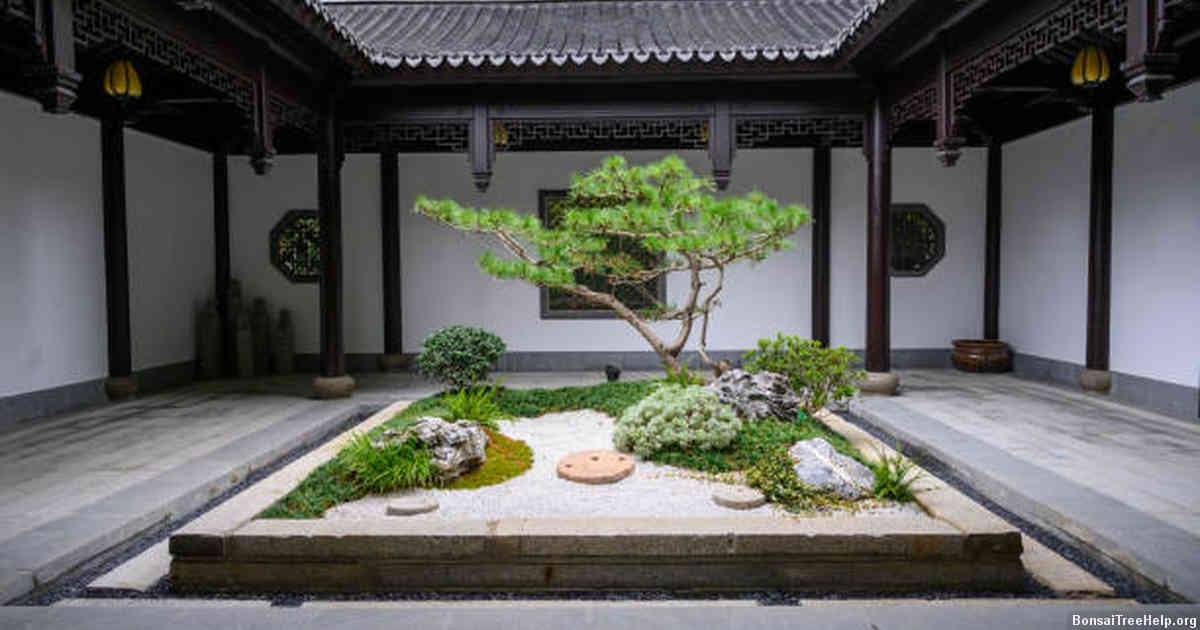
When it comes to making sure that germination is successful, there are certain elements that must be taken into account. One of the most common and essential considerations is the quality of soil used for this process. In this regard, bonsai soil has emerged as a possible option due to its small particle size, capacity for retaining moisture and adequate aeration capabilities. However, in order to determine whether it is actually worth using for such purposes or not, some additional factors should be considered first.
In terms of drainage capability, bonsai soil allows good water retention with adequate aeration at the same time. This helps provide optimal conditions for growth during germination by allowing plants to access oxygen while also ensuring that they get enough nutrients and moisture levels needed. As such, this type of soil can be beneficial when it comes to protecting against waterlogging issues or root rot caused by over-watering. On top of that, bonsai soil tends to have an acidic pH level that favors optimal germination rate; which helps foster healthy development over time as well.
On the other hand though, bonsai soils often contain pests like fungus gnats and other organic materials not found in commercial potting mixes – although these organisms generally do not harm seedlings unless heavily populated areas are detected around them. Still, if you plan on using bonsai soils for such purposes then proper monitoring should always take place since high levels of fertility tend to favor their spread even further instead; which may lead to severe problems down the line if left unchecked or unaddressed promptly (which could eventually end up costing more money). All things considered though, bonsai soils can still offer an effective option for successfully starting seedlings provided precautionary measures are applied when working with them as well – so long as appropriate care is given throughout each step of the way they should prove suitable enough in providing what’s necessary without any major complications arising either during initial stages or further along later on down the road too.
Leave a Reply